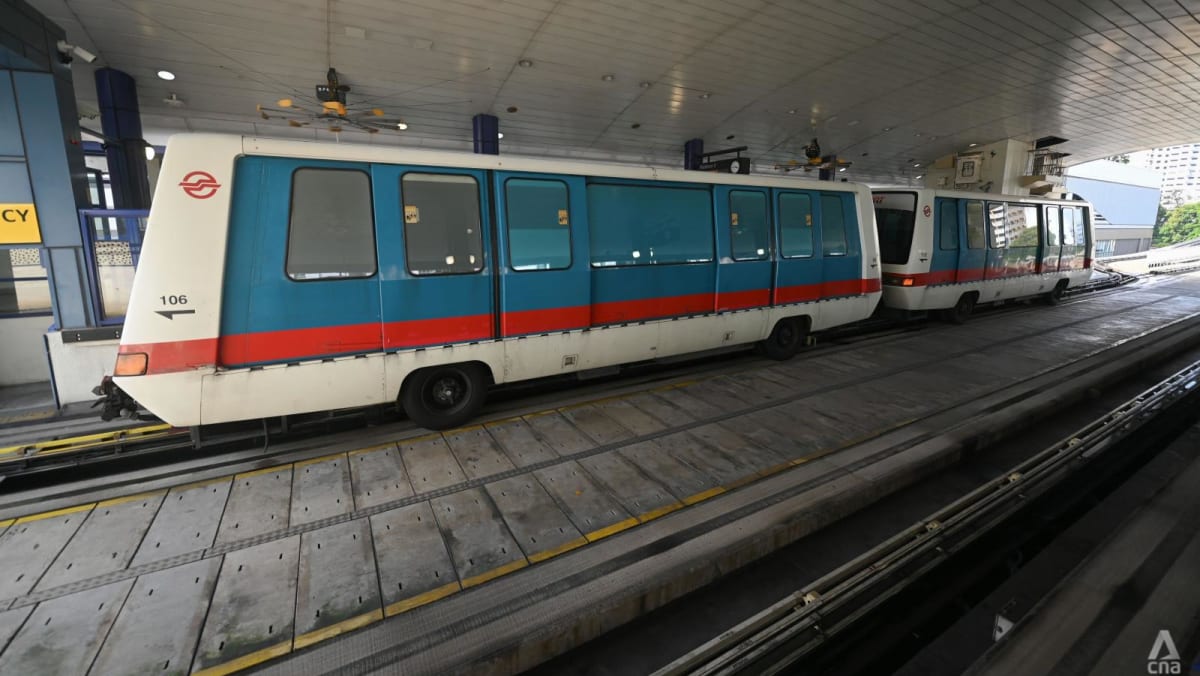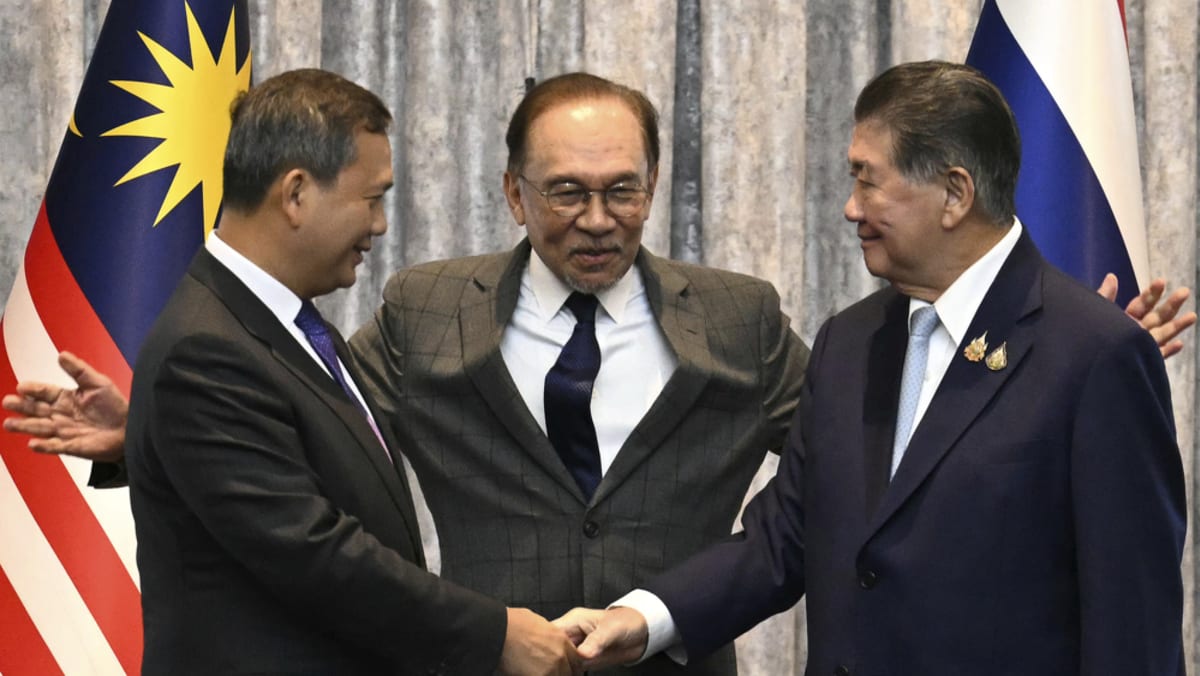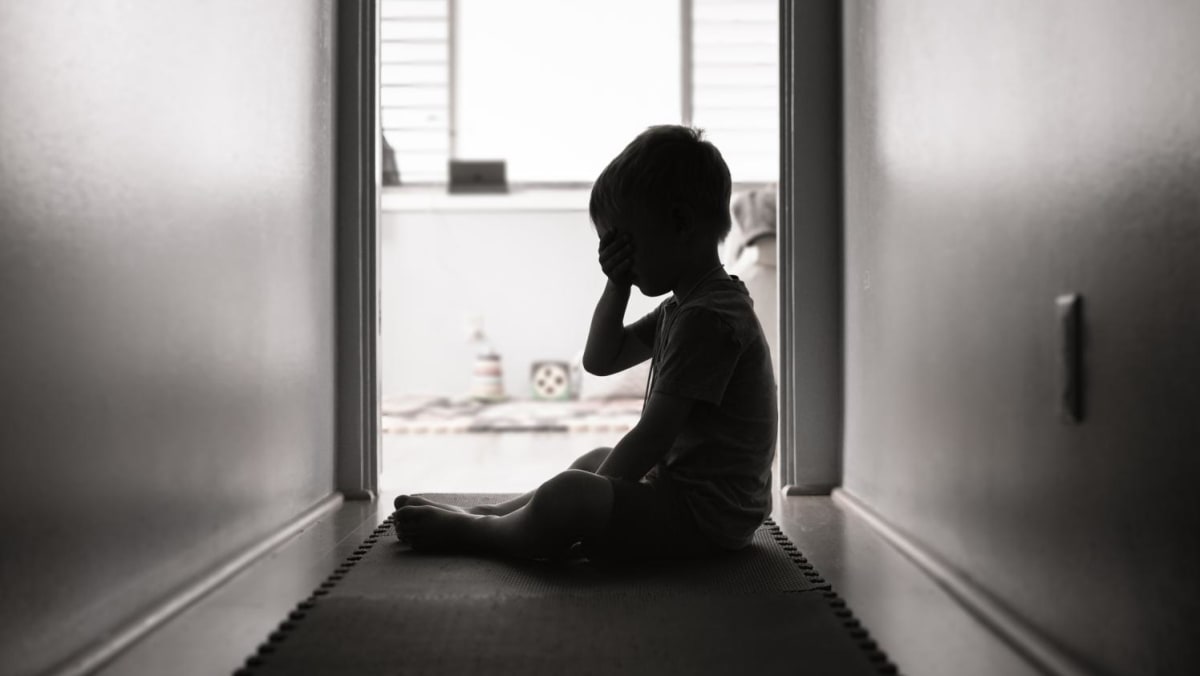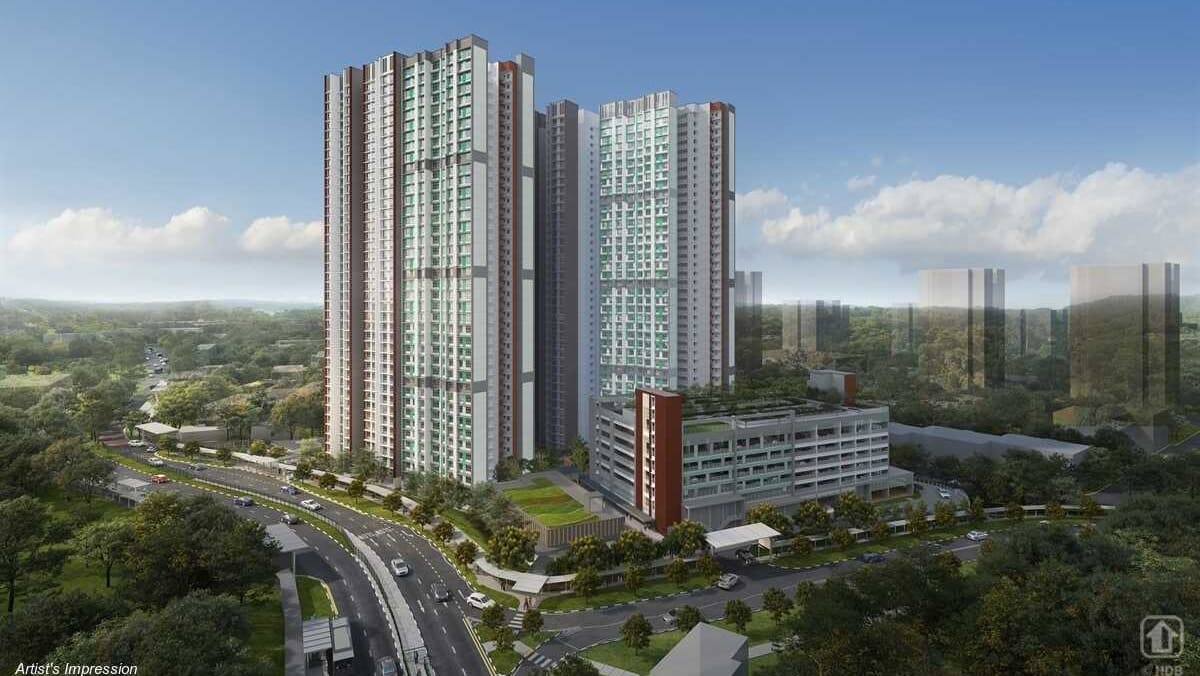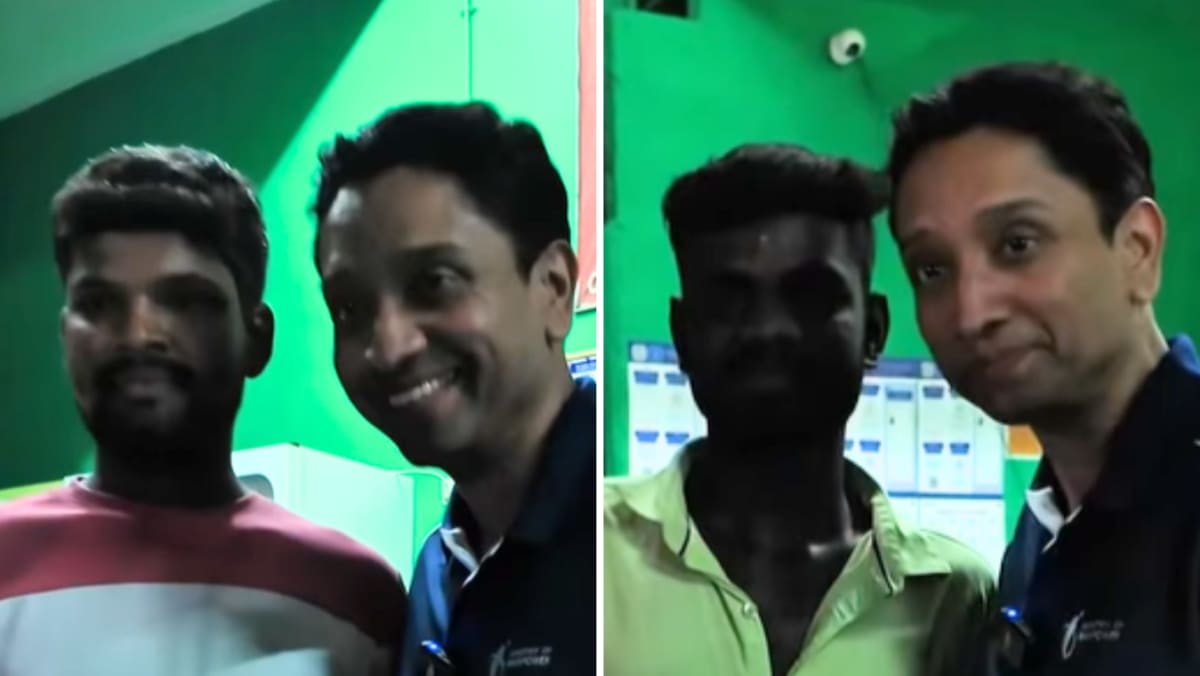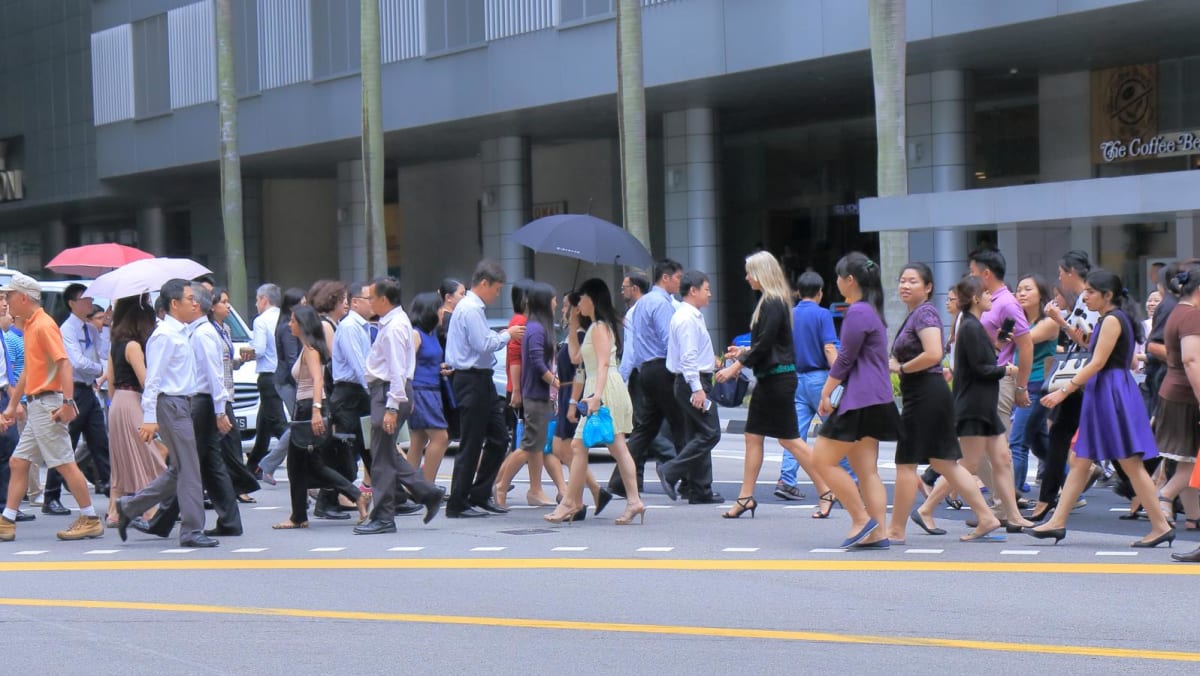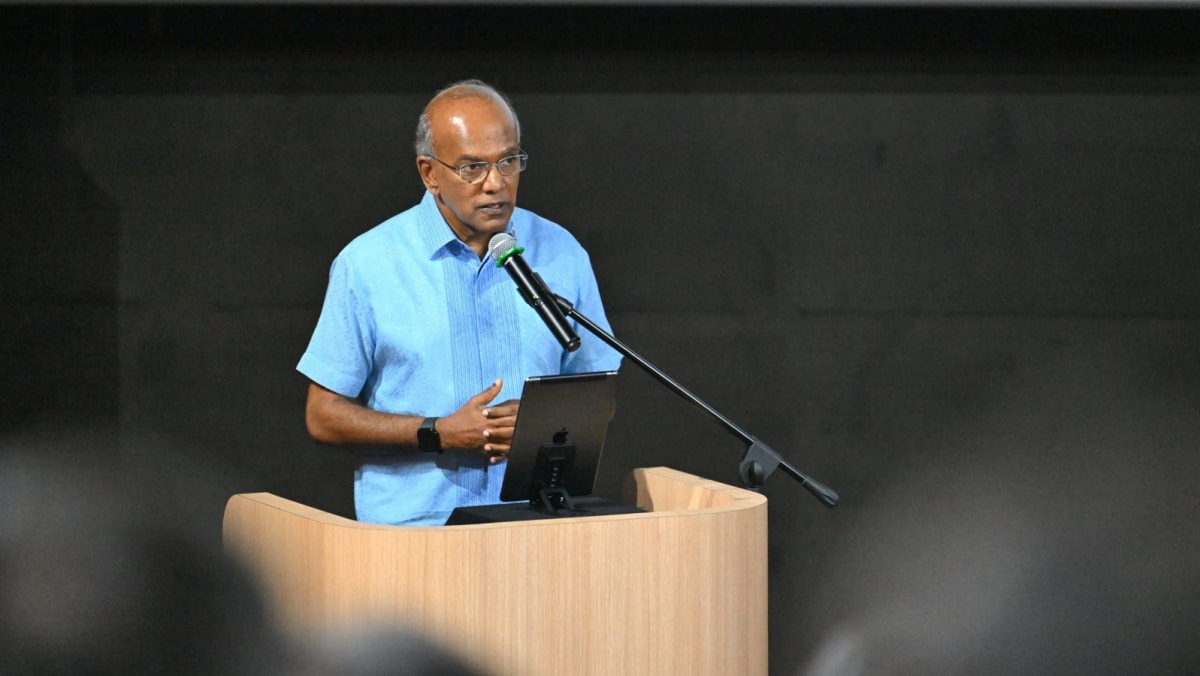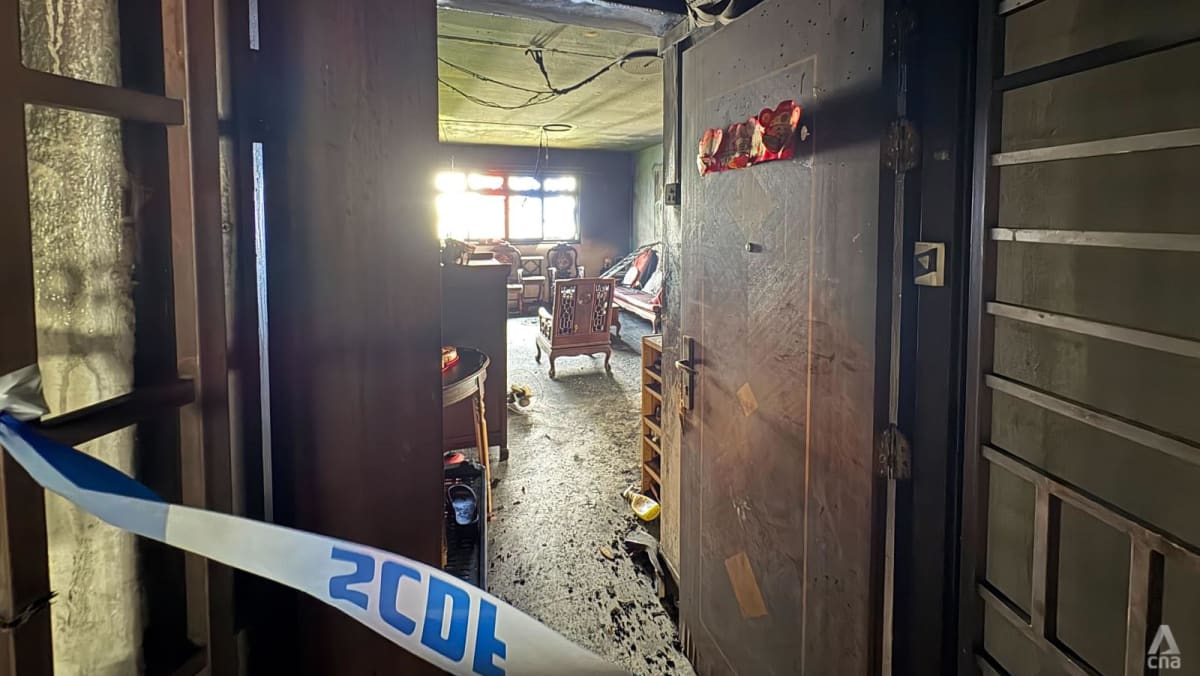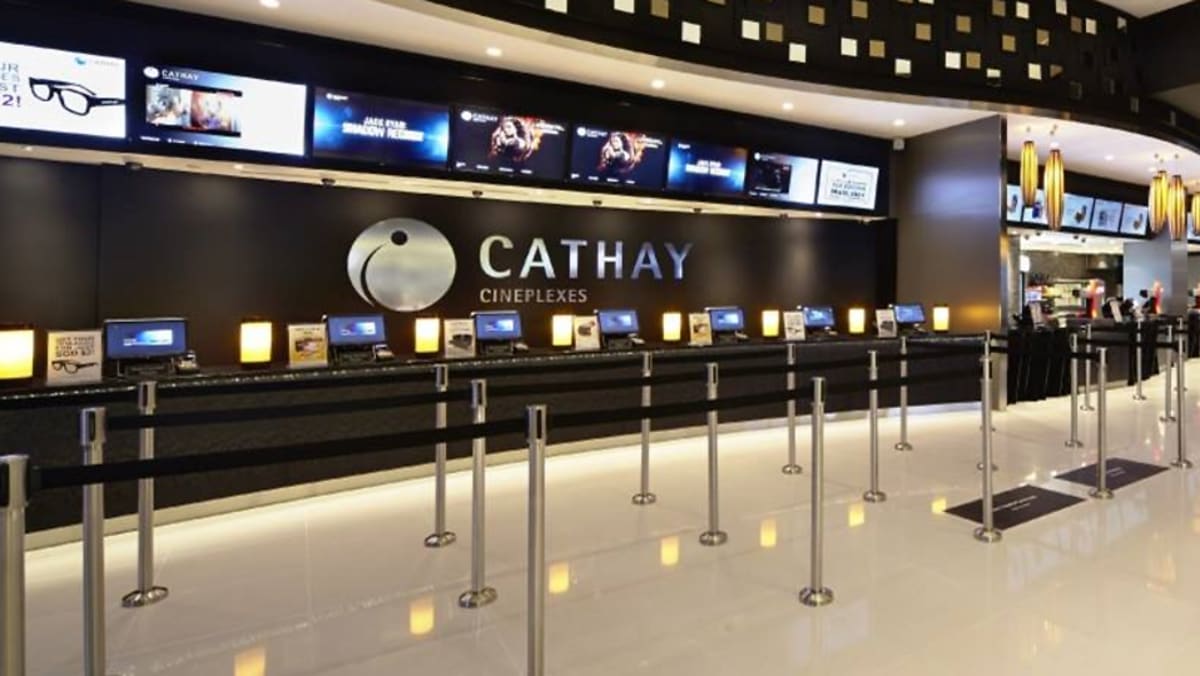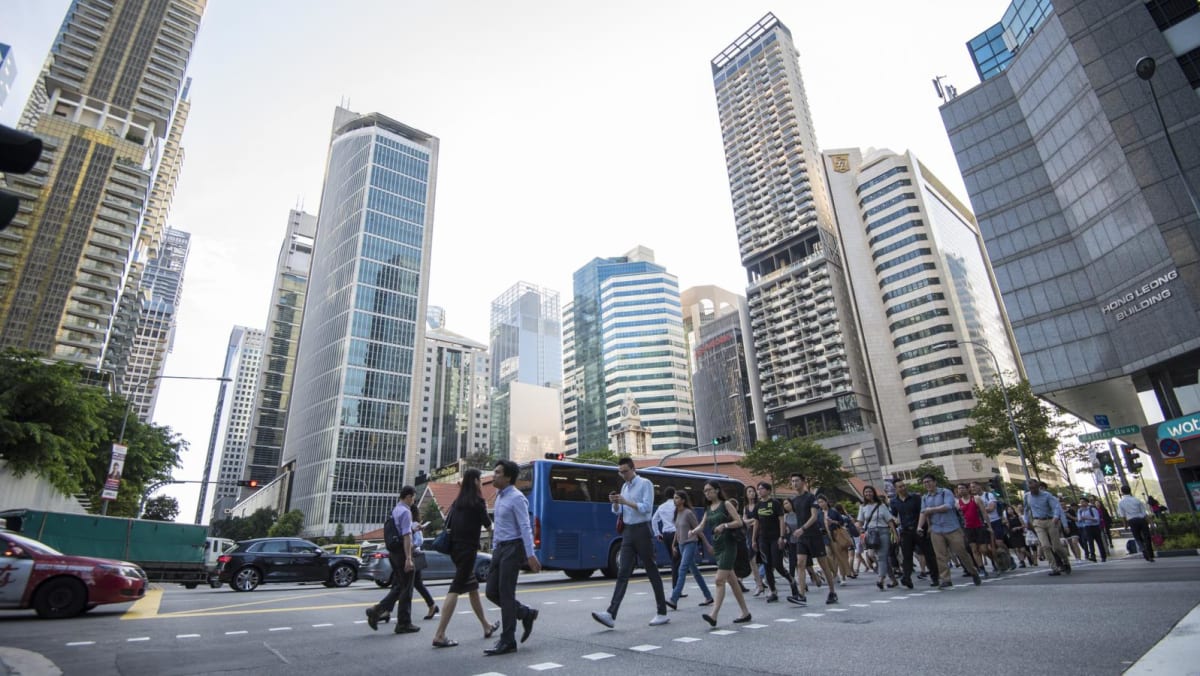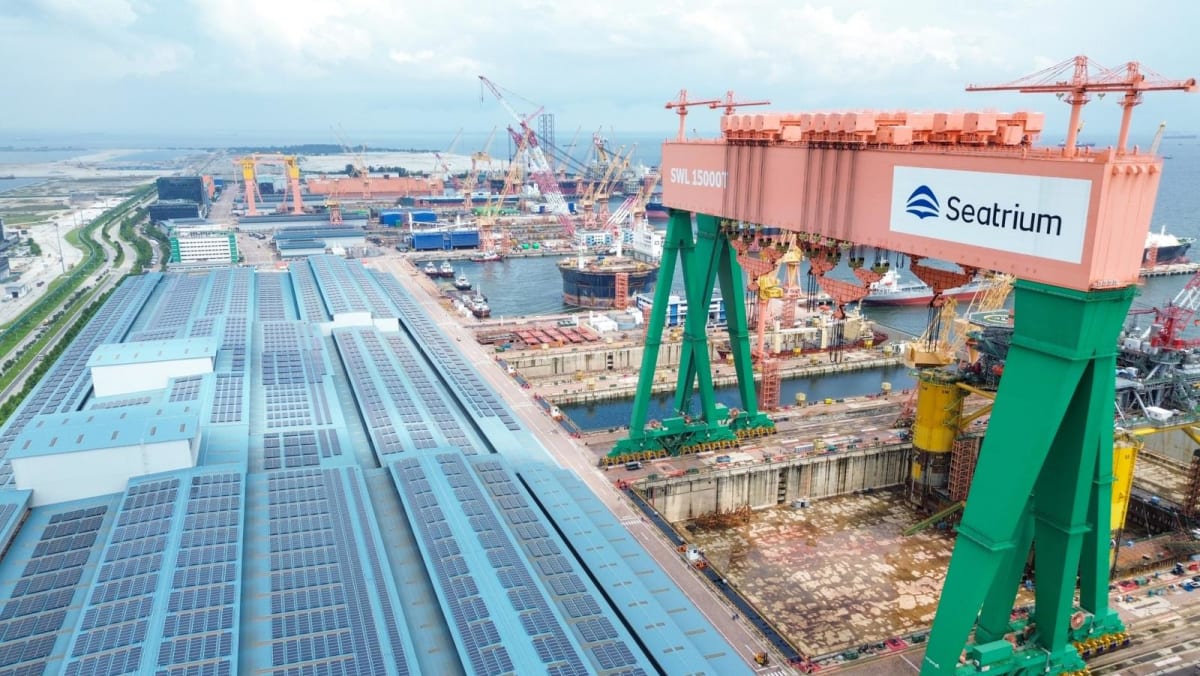The public needs to know that it’s okay to raise a concern, even if they’re unsure. Many people worry about being wrong, overstepping, or offending someone.
But the threshold for speaking up shouldn’t be certainty – it should be concern. A question or observation could be the very clue that enables earlier and safer intervention.
WHAT WOULD IT TAKE TO DO BETTER?
When abuse occurs, the responsibility lies first and foremost with the perpetrators. But these recent cases rightfully stir deep concern, and we must always ask: How can we strengthen the systems meant to protect children?
We must be willing to examine what’s working, what isn’t, and where the gaps lie.
For social service agencies, this means committing to ongoing training, establishing clear protocols for handling cases, and addressing the barriers that hinder detection, intervention, monitoring and collaboration. Beyond procedures, all parties involved in the child’s well-being must find ways to overcome their organisational barriers.
But strengthening the system cannot rely on internal efforts alone. Are we making it easier – or harder – to work together across systems when so many different people are necessarily involved?
We also need independent oversight. A transparent review panel – one that brings together voices from across disciplines – can shine a light on the challenges faced by frontline professionals, uncover systemic roadblocks, and recommend practical changes at every level.
Child protection is complex work, but we owe it to the children to keep asking how we can do better.
Alvin Goh is the Executive Director of Children’s Aid Society, and a psychologist by training.
